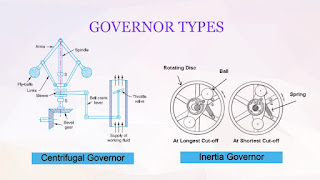If you want to get ahead in your career in 2020, adopting a growth mindset should be at the top of your priority list.

According to Udemy’s 2020 Workplace Learning Trends Report, a having a growth mindset — or the ability to continue learning in order to adapt to change — was ranked as the most important soft skill for career success.
The online learning platform analysed user data from its Udemy for Business service, which offers several course packages and is used by more than 4,000 companies as a resource for employee training.
Why a growth mindset matters
One McKinsey & Company report indicated that by 2030, as many as 800 million global workers could lose their jobs to robots. So as emerging technology threatens to eliminate jobs that can easily be completed through automation and machines, employees and job seekers are increasingly focused on developing a growth mindset.
This is where the importance of having a growth mindset comes into place: People who are motivated to reach higher levels of achievement (instead of sticking to a set of fixed skills) by learning new skills that can’t be replicated by future technology are much more likely to succeed in the face of setbacks.
Additionally, an IBM study reported that even though an estimated 120 million workers worldwide will need to be retrained as a result of AI and automation in the next three years, executives named adaptability, time management and collaboration as some of the most important skills to hire for in today’s workforce.
Here are the soft skills workers are practicing the most, according to Udemy:
1. Growth mindset: An ability to learn continuously and willingness to adapt to change
2. Creativity: Developing new ideas, applying new solutions to address existing problems
3. Focus mastery: Harnessing concentration to make better short- and long-term decisions
4. Innovation: Improving upon an existing idea, concept, process or method to achieve a desired outcome
5. Communication skills: Interpreting information though speaking, listening and observing
6. Storytelling: Organizing thoughts and data points into a comprehensive, holistic narrative
7. Culture awareness: Ability to effectively interact, work and develop meaningful relationships with those of various cultural backgrounds within the organization
8. Critical thinking: Objective analysis and evaluation in order to form a judgment on a topic
9. Leadership: Providing guidance within an organization
10. Emotional intelligence: Practicing control, expression and observation of interpersonal relationships among people in a workplace














Comments
Post a Comment